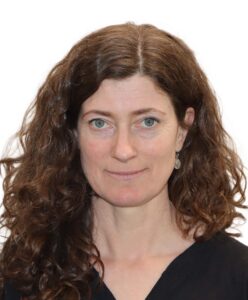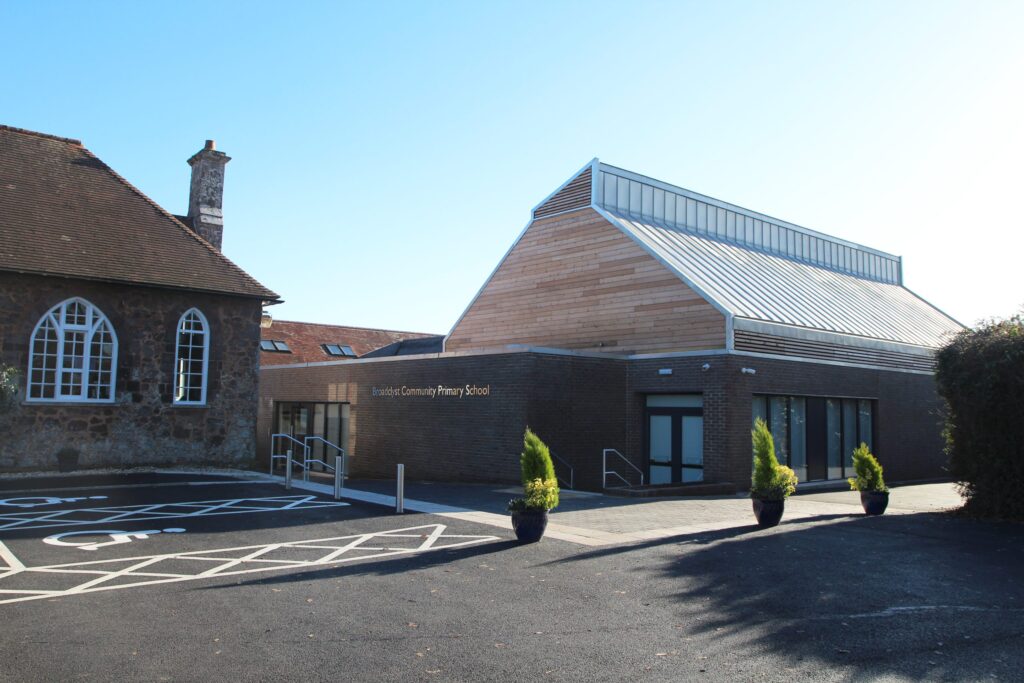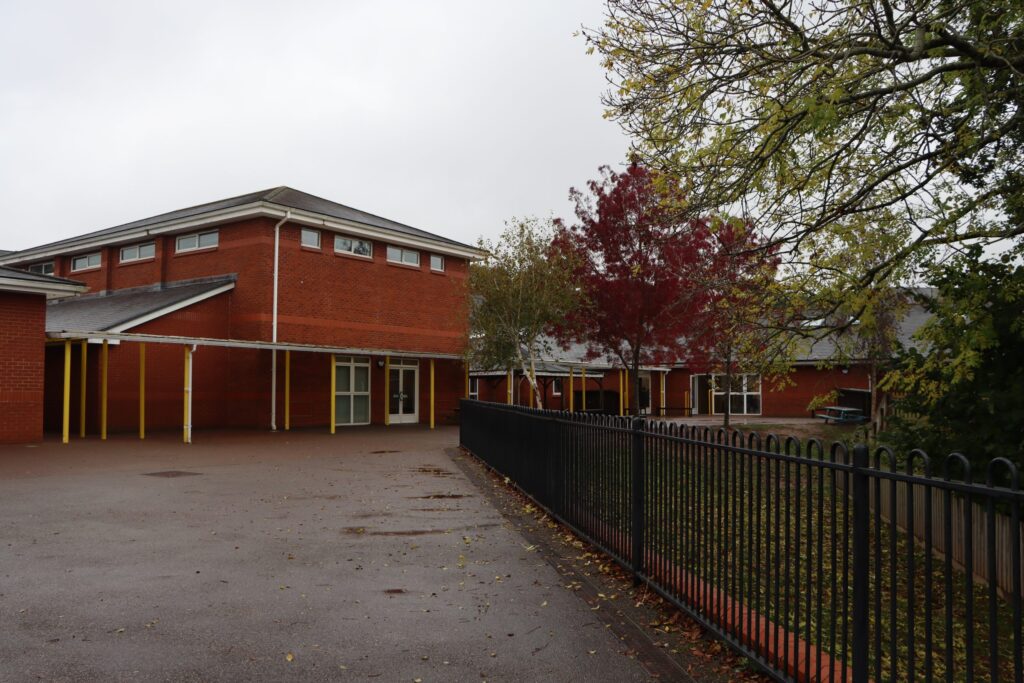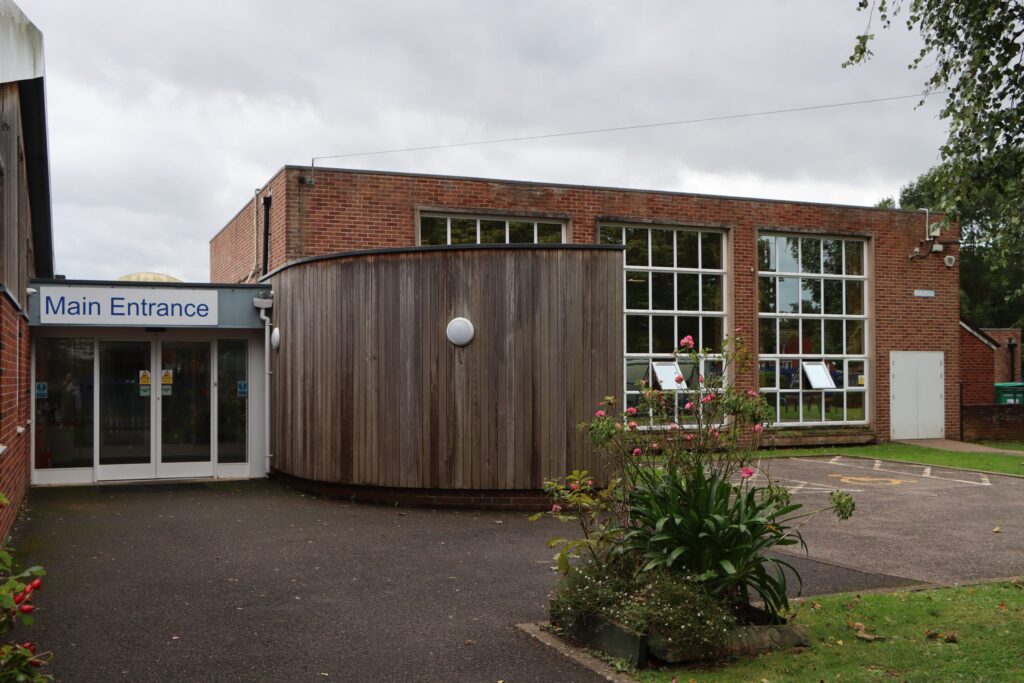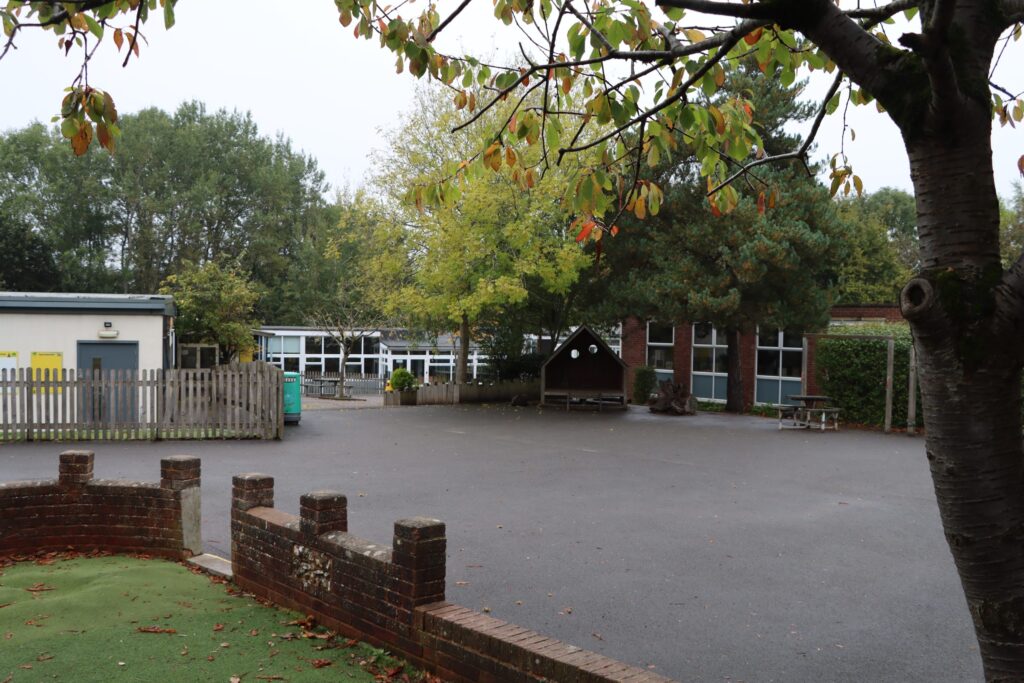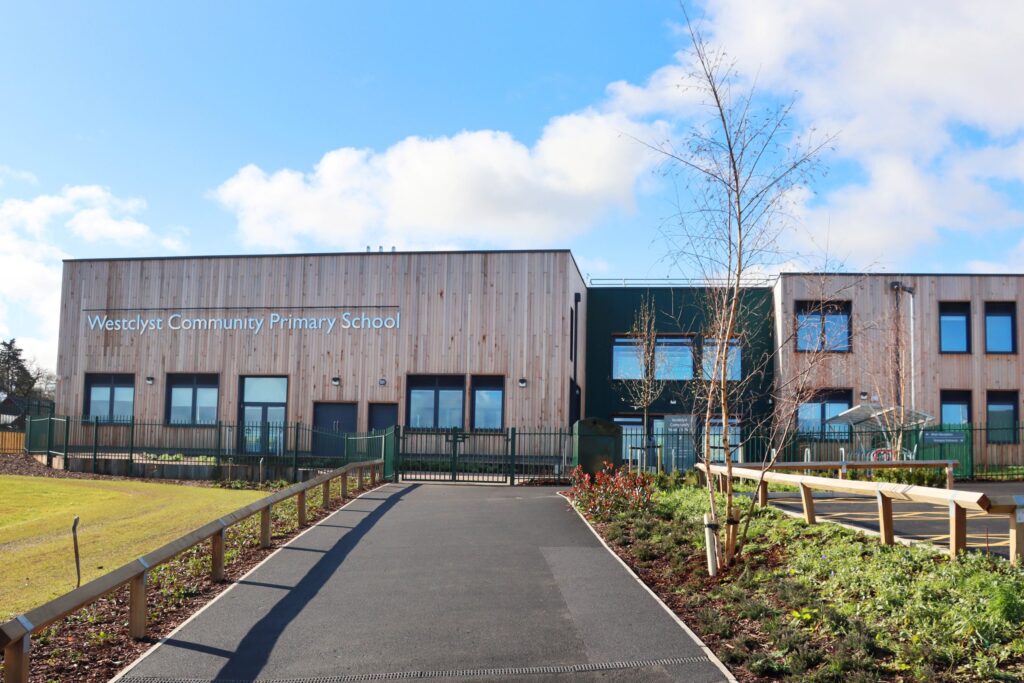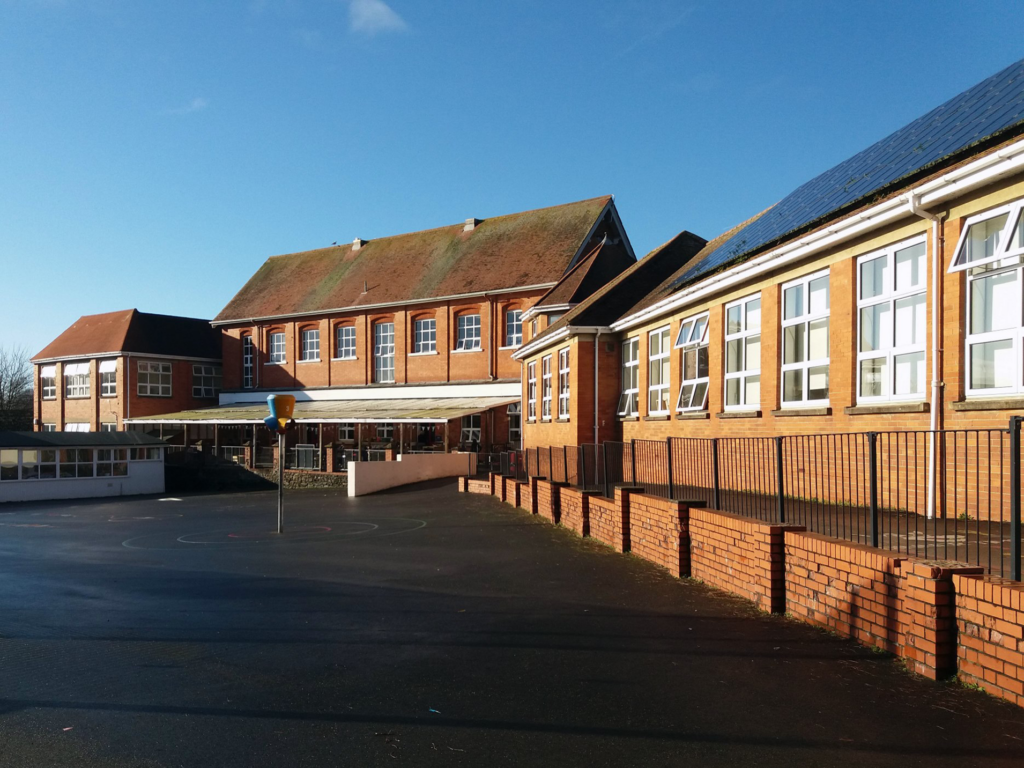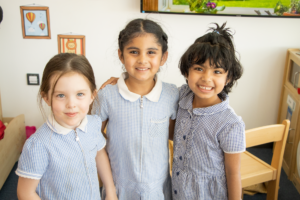
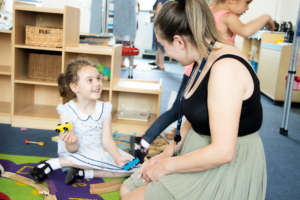
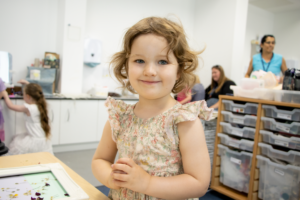
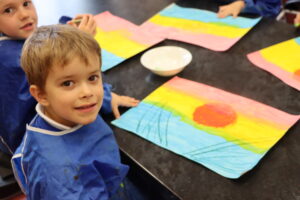
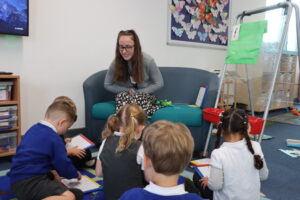
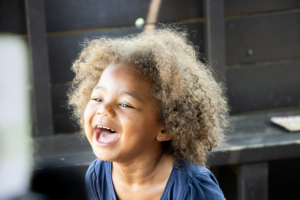
EYFS Development Matters Statements Three to Four Year Olds
- Enjoy listening to longer stories and can remember much of what happens.
- Pay attention to more than one thing at a time, which can be difficult.
- Use a wider range of vocabulary.
- Understand a question or instruction that has two parts, such as “Get your coat and wait at the door”.
- Understand ‘why’ questions, like: “Why do you think the caterpillar got so fat?”
- Sing a large repertoire of songs.
- Know many rhymes, be able to talk about familiar books, and be able to tell a long story.
- Develop their communication, but may continue to have problems with irregular tenses and plurals, such as ‘runned’ for ‘ran’, ‘swimmed’ for ‘swam’.
- Develop their pronunciation but may have problems saying:
- Some sounds: r, j, th, ch, and sh
- Multisyllabic words such as ‘pterodactyl’, ‘planetarium’ or ‘hippopotamus’
- Use longer sentences of four to six words.
- Be able to express a point of view and to debate when they disagree with an adult or a friend, using words as well as actions.
- Start a conversation with an adult or a friend and continue it for many turns.
- Use talk to organise themselves and their play: “Let’s go on a bus… you sit there… I’ll be the driver.”
EYFS Development Matters Statements Children in Reception
- Understand how to listen carefully and why listening is important.
- Learn new vocabulary.
- Use new vocabulary through the day.
- Ask questions to find out more and to check they understand what has been said to them.
- Articulate their ideas and thoughts in well-formed sentences.
- Connect one idea or action to another using a range of connectives.
- Describe events in some detail.
- Use talk to help work out problems and organise thinking and activities, and to explain how things work and why they might happen.
- Develop social phrases.
- Engage in story times.
- Listen to and talk about stories to build familiarity and understanding.
- Retell the story, once they have developed a deep familiarity with the text, some as exact repetition and some in their own words.
- Use new vocabulary in different contexts.
- Listen carefully to rhymes and songs, paying attention to how they sound.
- Learn rhymes, poems and songs..
- Engage in non-fiction books.
- Listen to and talk about selected non-fiction to develop a deep familiarity with new knowledge and vocabulary.
Early Learning Goals
Listening, Attention and Understanding
- Listen attentively and respond to what they hear with relevant questions, comments and actions when being read to and during whole class discussions and small group interactions.
- Make comments about what they have heard and ask questions to clarify their understanding.
- Hold conversation when engaged in back-and-forth exchanges with their teacher and peers.
Speaking
- Participate in small group, class and one-to-one discussions, offering their own ideas, using recently introduced vocabulary.
- Offer explanations for why things might happen, making use of recently introduced vocabulary from stories, non-fiction, rhymes and poems when appropriate.
- Express their ideas and feelings about their experiences using full sentences, including use of past, present and future tenses and making use of conjunctions, with modelling and support from their teacher.
EYFS Development Matters Statements Three and Four Year Olds
- Select and use activities and resources, with help when needed. This helps them to achieve a goal they have chosen, or one which is suggested to them.
- Develop their sense of responsibility and membership of a community.
- Become more outgoing with unfamiliar people, in the safe context of their setting.
- Show more confidence in new social situations.
- Play with one or more other children, extending and elaborating play ideas.
- Find solutions to conflicts and rivalries. For example, accepting that not everyone can be Spider-Man in the game, and suggesting other ideas.
- Increasingly follow rules, understanding why they are important.
- Remember rules without needing an adult to remind them.
- Develop appropriate ways of being assertive.
- Talk with others to solve conflicts.
- Talk about their feelings using words like ‘happy’, ‘sad’, ‘angry’ or ‘worried’.
- Understand gradually how others might be feeling.
- Be increasingly independent in meeting their own care needs, e.g. brushing teeth, using the toilet, washing and drying their hands thoroughly.
- Make healthy choices about food, drink, activity and toothbrushing.
EYFS Development Matters Statements Children in Reception
- See themselves as a valuable individual.
- Build constructive and respectful relationships.
- Express their feelings and consider the feelings of others.
- Show resilience and perseverance in the face of challenge.
- Identify and moderate their own feelings socially and emotionally.
- Think about the perspectives of others.
- Manage their own needs.
- Personal Hygiene
- Know and talk about the different factors that support their overall health and wellbeing:
- Regular Physical Activity
- Healthy Eating
- Toothbrushing
- Sensible amounts of ‘screen time’
- Having a good sleep routine
- Being a safe pedestrian
Early Learning Goals
Self-Regulation
- Show an understanding of their own feelings and those of others, and begin to regulate their behaviour accordingly.
- Set and work towards simple goals, being able to wait for what they want and control their immediate impulses when appropriate.
- Give focused attention to what the teacher says, responding appropriately even when engaged in activity, and show an ability to follow instructions involving several ideas or actions.
Managing Self
- Be confident to try new activities and show independence, resilience and perseverance in the face of challenge.
- Explain the reasons for rules, know right from wrong and try to behave accordingly.
- Manage their own basic hygiene and personal needs, including dressing, going to the toilet and understanding the importance of healthy food choices.
Building Relationships
- Work and play cooperatively and take turns with others.
- Form positive attachments to adults and friendships with peers.
- Show sensitivity to their own and to others’ needs.
EYFS Development Matters Statements Three to Four Year Olds
- Understand the five key concepts about print:
- Print has meaning
- Print can have different purposes
- We read English text from left to right and from top to bottom
- The names of the different parts of a book
- Page sequencing
- Develop their phonological awareness, so that they can:
- Spot and suggest rhymes
- Count or clap syllables in a word
- Recognise words with the same initial sound, such as money and mother
- Engage in extended conversations about stories, learning new vocabulary.
- Use some of their print and letter knowledge in their early writing. For example: writing a pretend shopping list that starts at the top of the page; writing ‘m’ for mummy.
- Write some or all of their name.
- Write some letters accurately.
EYFS Development Matters Statements Children in Reception
- Read individual letters by saying the sounds for them.
- Blend sounds into words, so that they can read short words made up of known letter-sound correspondences.
- Read some letter groups that each represent one sound and say sounds for them.
- Read a few common exception words matched to the school’s phonic programme.
- Read simple phrases and sentences made up of words with known letter–sound correspondences and, where necessary, a few exception words.
- Re-read these books to build up their confidence in word reading, their fluency and their understanding and enjoyment.
- Form lower-case and capital letters correctly.
- Spell words by identifying the sounds and then writing the sound with letter/s.
- Write short sentences with words with known letter-sound correspondences using a capital letter and full stop.
- Re-read what they have written to check that it makes sense.
Early Learning Goals
Comprehension
- Demonstrate understanding of what has been read to them by retelling stories and narratives using their own words and recently introduced vocabulary.
- Anticipate (where appropriate) key events in stories.
- Use and understand recently introduced vocabulary during discussions about stories, non-fiction, rhymes and poems and during role play.
Word Reading
- Say a sound for each letter in the alphabet and at least 10 digraphs.
- Read words consistent with their phonic knowledge by sound-blending.
- Read aloud simple sentences and books that are consistent with their phonic knowledge, including some common exception words.
Writing
- Write recognisable letters, most of which are correctly formed.
- Spell words by identifying sounds in them and representing the sounds with a letter or letters.
- Write recognisable letters, most of which are correctly formed.
EYFS Development Matters Statements Three to Four Year Olds
- Develop fast recognition of up to 3 objects, without having to count them individually (‘subitising’).
- Recite numbers past 5.
- Say one number for each item in order: 1,2,3,4,5.
- Know that the last number reached when counting a small set of objects tells you how many there are in total (‘cardinal principle’).
- Show ‘finger numbers’ up to 5.
- Link numerals and amounts: for example, showing the right number of objects to match the numeral, up to 5.
- Experiment with their own symbols and marks as well as numerals.
- Solve real world mathematical problems with numbers up to 5.
- Compare quantities using language: ‘more than’, ‘fewer than’.
- Talk about and explore 2D and 3D shapes (for example, circles, rectangles, triangles and cuboids) using informal and mathematical language: ‘sides’, ‘corners’; ‘straight’, ‘flat’, ‘round’.
- Understand position through words alone – for example, “The bag is under the table,” – with no pointing.
- Describe a familiar route.
- Discuss routes and locations, using words like ‘in front of’ and ‘behind’.
- Make comparisons between objects relating to size, length, weight and capacity.
- Select shapes appropriately: flat surfaces for building, a triangular prism for a roof etc.
- Combine shapes to make new ones – an arch, a bigger triangle etc.
- Talk about and identifies the patterns around them. For example: stripes on clothes, designs on rugs and wallpaper. Use informal language like ‘pointy’, ‘spotty’, ‘blobs’ etc.
- Extend and create ABAB patterns – stick, leaf, stick, leaf.
- Notice and correct an error in a repeating pattern.
- Begin to describe a sequence of events, real or fictional, using words such as ‘first’, ‘then…’
EYFS Development Matters Statements Children in Reception
- Read individual letters by saying the sounds for them.
- Blend sounds into words, so that they can read short words made up of known letter-sound correspondences.
- Read some letter groups that each represent one sound and say sounds for them.
- Read a few common exception words matched to the school’s phonic programme.
- Read simple phrases and sentences made up of words with known letter–sound correspondences and, where necessary, a few exception words.
- Re-read these books to build up their confidence in word reading, their fluency and their understanding and enjoyment.
- Form lower-case and capital letters correctly
- Spell words by identifying the sounds and then writing the sound with letter/s.
- Write short sentences with words with known letter-sound correspondences using a capital letter and full stop.
- Re-read what they have written to check that it makes sense.
Early Learning Goals
Number
- Have a deep understanding of number to 10, including the composition of each number.
- Subitise (recognise quantities without counting) up to 5.
- Automatically recall (without reference to rhymes, counting or other aids) number bonds up to 5 (including subtraction facts) and some number bonds to 10, including double facts.
Numerical Patterns
- Verbally count beyond 20, recognising the pattern of the counting system.
- Compare quantities up to 10 in different contexts, recognising when one quantity is greater than, less than or the same as the other quantity.
- Explore and represent patterns within numbers up to 10, including evens and odds, double facts and how quantities can be distributed equally.
EYFS Development Matters Statements Three and Four Year Olds
- Take part in simple pretend play, using an object to represent something else even though they are not similar.
- Begin to develop complex stories using small world equipment like animal sets, dolls and dolls houses etc.
- Make imaginative and complex ‘small worlds’ with blocks and construction kits, such as a city with different buildings and a park.
- Explore different materials freely, to develop their ideas about how to use them and what to make.
- Develop their own ideas and then decide which materials to use to express them.
- Join different materials and explore different textures.
- Create closed shapes with continuous lines, and begin to use these shapes to represent objects.
- Draw with increasing complexity and detail, such as representing a face with a circle and including details.
- Use drawing to represent ideas like movement or loud noises.
- Show different emotions in their drawings and paintings, like happiness, sadness, fear etc.
- Explore colour and colour-mixing.
- Listen with increased attention to sounds.
- Respond to what they have heard, expressing their thoughts and feelings.
- Remember and sing entire songs.
- Sing the pitch of a tone sung by another person (‘pitch match’).
- Sing the melodic shape (moving melody, such as up and down, down and up) of familiar songs.
- Create their own songs or improvise a song around one they know.
- Play instruments with increasing control to express their feelings and ideas.
EYFS Development Matters Statements Children in Reception
- Explore, use and refine a variety of artistic effects to express their ideas and feelings.
- Return to and build on their previous learning, refining ideas and developing their ability to represent them.
- Create collaboratively, sharing ideas, resources and skills.
- Listen attentively, move to and talk about music, expressing their feelings and responses.
- Watch and talk about dance and performance art, expressing their feelings and responses.
- Sing in a group or on their own, increasingly matching the pitch and following the melody.
- Develop storylines in their pretend play.
- Explore and engage in music making and dance, performing solo or in groups.
Early Learning Goals
Creative with Materials
- Safely use and explore a variety of materials, tools and techniques, experimenting with colour, design, texture, form and function.
- Share their creations, explaining the process they have used.
- Make use of props and materials when role playing characters in narratives and stories.
Being Imaginative and Expressive
- Invent, adapt and recount narratives and stories with peers and their teacher.
- Sing a range of well-known nursery rhymes and songs.
- Perform songs, rhymes, poems and stories with others, and (when appropriate) try to move in time with music.
EYFS Development Matters Statements Three and Four Year Olds
- Use all their senses in hands-on exploration of natural materials.
- Explore collections of materials with similar and/or different properties.
- Talk about what they see, using a wide vocabulary.
- Begin to make sense of their own life-story and family’s history.
- Show interest in different occupations.
- Explore how things work.
- Plant seeds and care for growing plants.
- Understand the key features of the life cycle of a plant and an animal.
- Begin to understand the need to respect and care for the natural environment and all living things.
- Explore and talk about different forces they can feel.
- Talk about the differences between materials and changes they notice.
- Continue developing positive attitudes about the differences between people.
- Know that there are different countries in the world and talk about the differences they have experienced or seen in photos.
EYFS Development Matters Statements Children in Reception
- Talk about members of their immediate family and community.
- Name and describe people who are familiar to them.
- Comment on images of familiar situations in the past.
- Compare and contrast characters from stories, including figures from the past.
- Draw information from a simple map.
- Understand that some places are special to members of their community.
- Recognise that people have different beliefs and celebrate special times in different ways.
- Recognise some similarities and differences between life in this country and life in other countries.
- Explore the natural world around them.
- Describe what they see, hear and feel whilst outside.
- Recognise some environments that are different to the one in which they live.
- Understand the effect of changing seasons on the natural world around them.
Early Learning Goals
Past and Present
- Talk about the lives of the people around them and their roles in society.
- Know some similarities and differences between things in the past and now, drawing on their experiences and what has been read in class.
- Understand the past through settings, characters and events encountered in books read in class and storytelling.
People, Culture and Communities
- Describe their immediate environment using knowledge from observation, discussion, stories, non-fiction texts and maps.
- Know some similarities and differences between different religious and cultural communities in this country, drawing on their experiences and what has been read in class.
- Explain some similarities and differences between life in this country and life in other countries, drawing on knowledge from stories, non-fiction texts and (when appropriate) maps.
The Natural World
- Explore the natural world around them, making observations and drawing pictures of animals and plants.
- Know some similarities and differences between the natural world around them and contrasting environments, drawing on their experiences and what has been read in class.
- Understand some important processes and changes in the natural world around them, including the seasons and changing states of matter.
EYFS Development Matters Statements Three to Four Year Olds
- Continue to develop their movement, balancing, riding (scooters, trikes and bikes) and ball skills.
- Go up steps and stairs, or climb up apparatus, using alternate feet.
- Skip, hop, stand on one leg and hold a pose for a game like musical statues.
- Use large-muscle movements to wave flags and streamers, paint and make marks.
- Start taking part in some group activities which they make up for themselves, or in teams.
- Increasingly be able to use and remember sequences and patterns of movements which are related to music and rhythm.
- Match their developing physical skills to tasks and activities in the setting. For example, they decide whether to crawl, walk or run across a plank, depending on its length and width.
- Choose the right resources to carry out their own plan. For example, choosing a spade to enlarge a small hole they dug with a trowel.
- Collaborate with others to manage large items, such as moving a long plank safely, carrying large hollow blocks.
- Use one-handed tools and equipment, for example, making snips in paper with scissors.
- Use a comfortable grip with good control when holding pens and pencils.
- Show a preference for a dominant hand.
- Be increasingly independent as they get dressed and undressed, for example, putting coats on and doing up zips.
EYFS Development Matters Statements Children in Reception
- Revise and refine the fundamental movement skills they have already acquired:
- Rolling
- Crawling
- Walking
- Jumping
- Running
- Hopping
- Skipping
- Climbing
- Progress towards a more fluent style of moving, with developing control and grace.
- Develop the overall body strength, co-ordination, balance and agility needed to engage successfully with future physical education sessions and other physical disciplines including dance, gymnastics, sport and swimming.
- Develop their small motor skills so that they can use a range of tools competently, safely and confidently. Suggested tools: pencils for drawing and writing, paintbrushes, scissors, knives, forks and spoons.
- Use their core muscle strength to achieve a good posture when sitting at a table or sitting on the floor.
- Combine different movements with ease and fluency.
- Confidently and safely use a range of large and small apparatus indoors and outside, alone and in a group.
- Develop overall body-strength, balance, co-ordination and agility.
- Further develop and refine a range of ball skills including: throwing, catching, kicking, passing, batting, and aiming.
- Develop confidence, competence, precision and accuracy when engaging in activities that involve a ball.
- Develop the foundations of a handwriting style which is fast, accurate and efficient
- Further develop the skills they need to manage the school day successfully:
- Lining Up and Queuing
- Mealtimes
Early Learning Goals
Gross Motor Skills
- Negotiate space and obstacles safely, with consideration for themselves and others.
- Demonstrate strength, balance and coordination when playing.
- Move energetically, such as running, jumping, dancing, hopping, skipping and climbing.
Fine Motor Skills
- Hold a pencil effectively in preparation for fluent writing – using the tripod grip in almost all cases.
- Use a range of small tools, including scissors, paintbrushes and cutlery.
- Begin to show accuracy and care when drawing.
Aims of the Early Years Foundation Stage
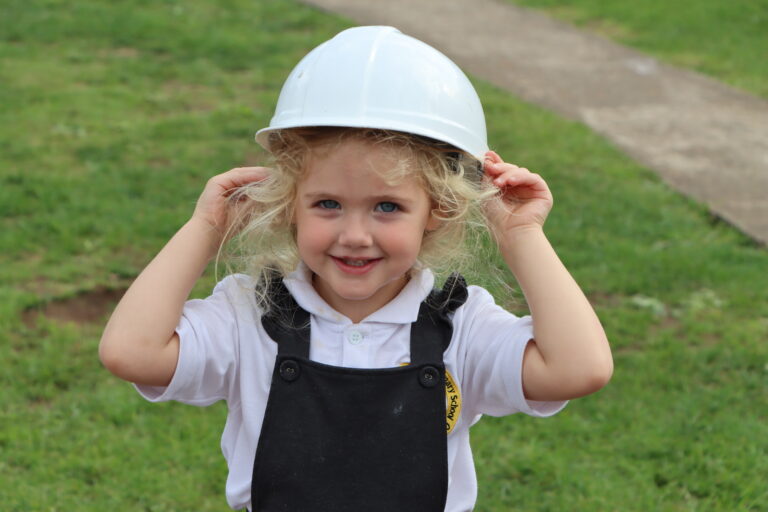
The Cornerstone Academy Trust implements the requirements of the Early Years Foundation Stage Statutory Framework. It sets out how the Academy takes a holistic approach to children’s well-being, education and health. The EYFS refers to children from birth to five years of age. At Cornerstone Academy Trust, this refers to children between the ages of 2 and 5.
At Cornerstone Academy trust we aim to:
- Deliver the standards for the learning, development and care of young children as set out in the Statutory Framework for the Early Years Foundation Stage
- Support the development of active and inquisitive learners encouraging children to be imaginative, creative, curious and critical thinkers.
- Ensure teaching nurtures, engages and motivates children
- Ensure the provision offers rich, varied and imaginative learning experiences
- Ensure that learning and development is planned around the needs and interests of the children and informed by the use of on-going observational assessment.
- Ensure that every child makes good progress and no child is left behind
- Create the framework for partnership by working with parents, professionals and other settings that the child attends
The Early year’s experiences we offer our children are based on the following four guiding principles:
- Unique Child
- Positive Relationships
- Enabling Environments
- Learning and Development
Prime Areas
- Personal, Social, and Emotional Development
- Communication and Language
- Physical Development
Specific Areas
- Literacy
- Mathematics
- Understanding the World
- Expressive Arts and Design
Our Reception Teachers
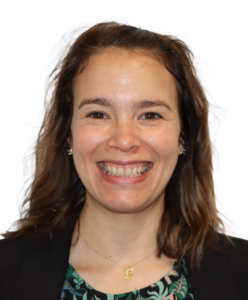
Broadclyst
Emma Orchard
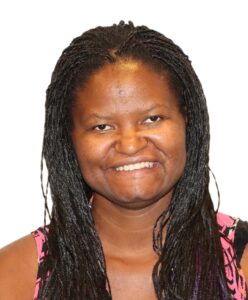
Broadclyst
Lucy Muchenje-Daye
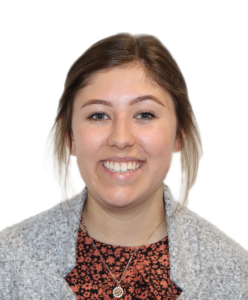
Monkerton
Sarah Parsons
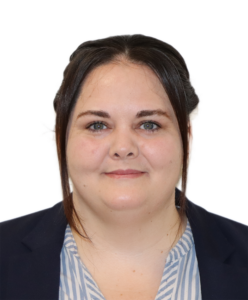
Monkerton
Carlie Souch
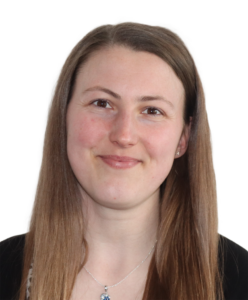
Westclyst
Nicole Moore
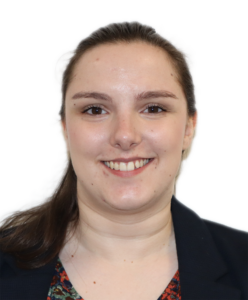
Westclyst
Harriet Webster
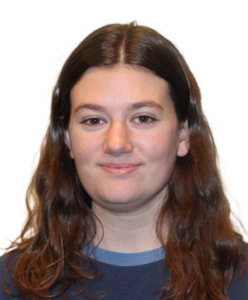
Yeo Valley
Ellie Parker
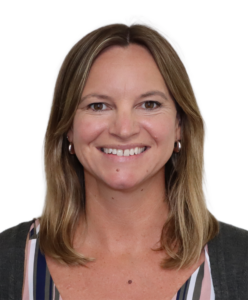
Marpool
Laura Spillings
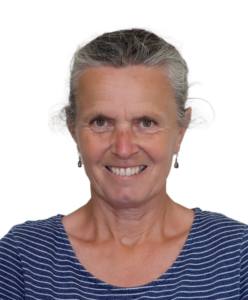
Marpool
Nicola Kelly
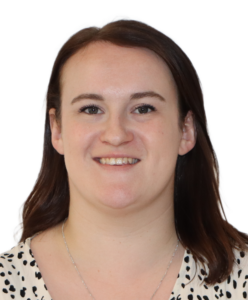
Countess Wear
Charley Beechener
